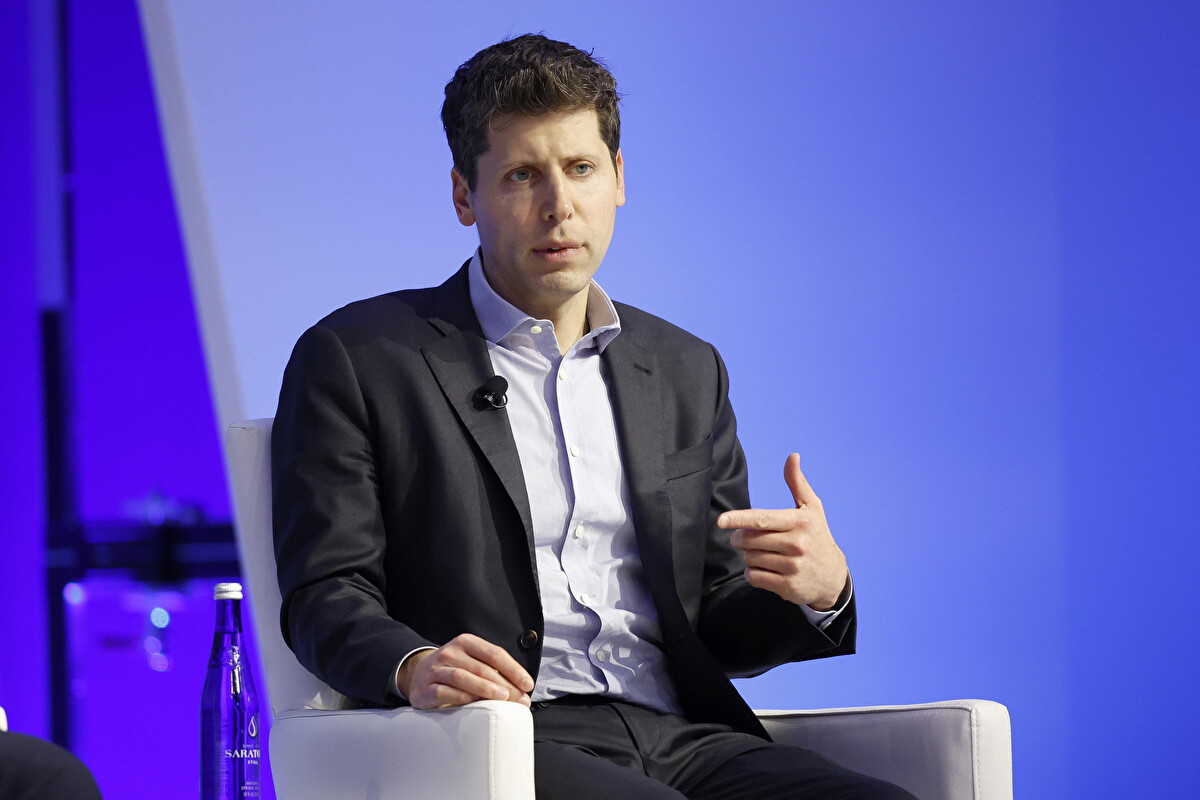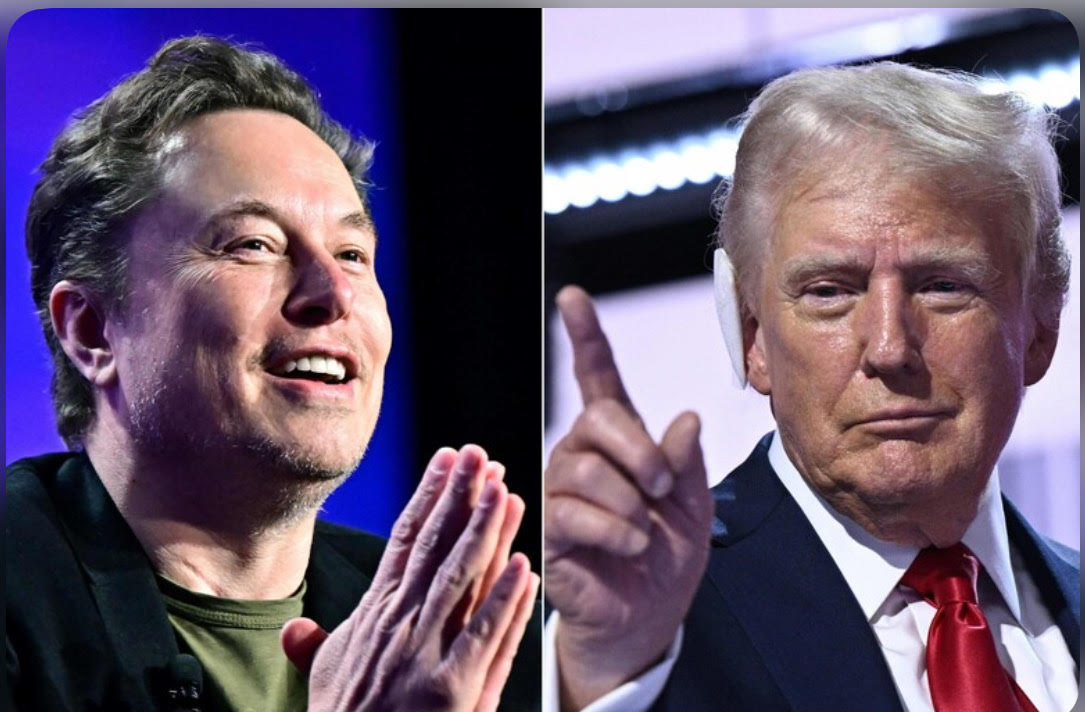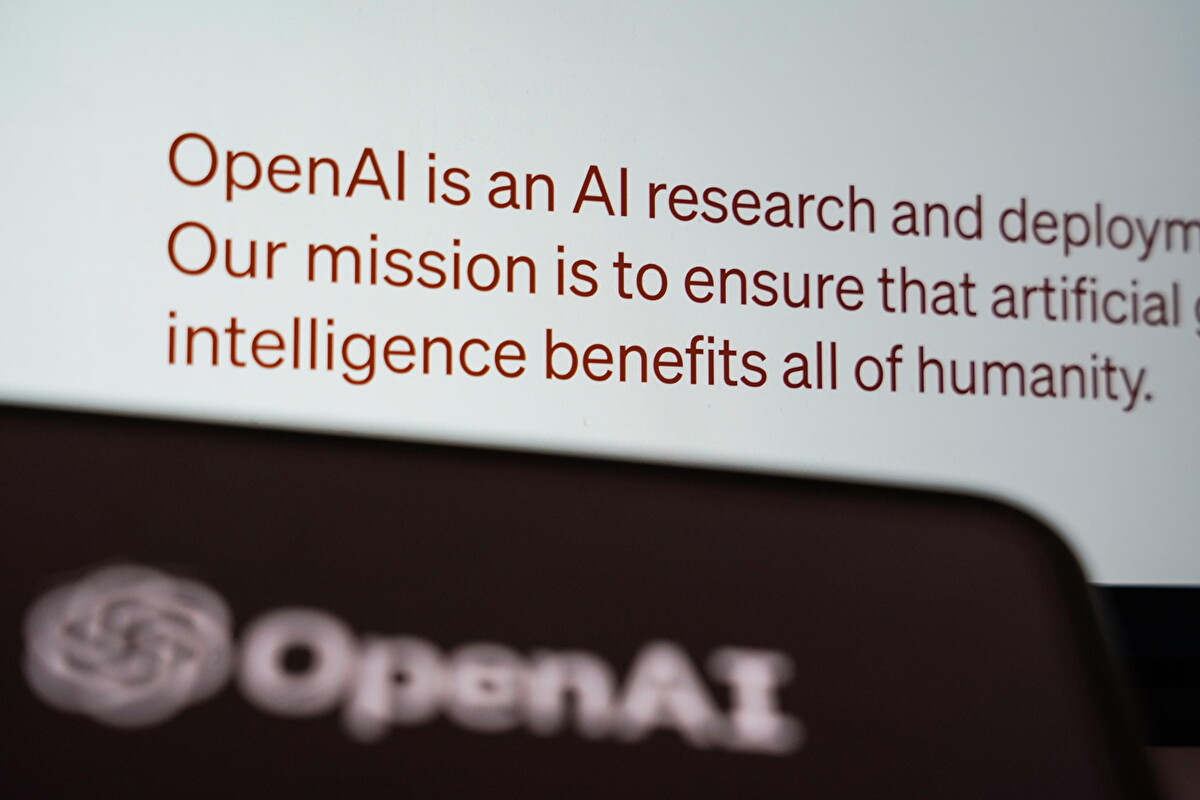Kamala or Donald? Never before has Silicon Valley seemed so sharply divided over the choice of presidential candidate. Political disagreement is testing long standing professional relationships and friendships in an industry that, until a few years ago, was a progressive stronghold, according to a report in the Wall Street Journal.
Powerful investors such as Marc Andreessen and Ben Horowitz made public their support for Trump last week. Elon Musk, CEO of Tesla and owner of X (formerly Twitter), also publicly endorsed Trump. The world’s richest man even created a super PAC to collect donations for the GOP candidate.
The move away from historic Democratic loyalties, however, has triggered a backlash among those who continue to support the Democratic Party, especially now that Harris, a San Francisco Bay Area native, has clinched the presidential nomination.
Tensions inevitably erupted on social media. Musk called tech investor and Democrat Vinod Khosla “out of his mind” for his criticism of the former president. In another exchange, Aaron Levie, CEO of Box and a Harris supporter, suggested that investor David Sacks must be “out of his mind” to support Trump.

Sam Singer, a public relations expert with experience in Democratic political campaigns, told the WSJ that “Silicon Valley is very tense right now because of the two opposing sides of people doing business together, adding, “This is an unusual situation.”
Both candidates’ campaigns have received significant financial support from technology industry leaders. In July, Harris’s campaign committee raised about $204 million, compared with $47.5 million raised by Trump.
Harris has already won the public support of prominent figures such as Reid Hoffman and Netflix co-founder Reed Hastings, who have donated $7 million to the Dem campaign. Sheryl Sandberg, former chief operating officer of Meta, also endorsed the former California lawyer with a post on Instagram, while other tech industry leaders contributed to the super PAC Biden Victory Fund, now renamed the Harris Victory Fund. These include Steve Jobs’ widow Laurene Powell Jobs, OpenAI’s “father” Sam Altman, and future Paramount chief David Ellison.
During a fundraiser in San Francisco organized by LinkedIn co-founder Reid Hoffman, Biden’s deputy raised more than $13 million. And his acceptance speech at the Democratic National Convention, which touched on topics such as opportunities for founders and entrepreneurs and innovation in areas such as artificial intelligence, was well received by his Silicon Valley fans.

Taking the opposite view were Trump supporters, who were skeptical of Harris’ positions on technology and fearful of possible tax increases for the wealthy and corporations, as well as regulatory hurdles for emerging industries such as cryptocurrencies. This is also why billionaire venture capitalists Chamath Palihapitiya and David Sacks held a fundraiser for Trump in San Francisco last month.
Female tech workers, in turn, have created organizations such as Tech4Kamala, VCs for Kamala and Founders for Kamala to mobilize support for Harris. “We are seeing unprecedented polarization,” said Edda Collins Coleman, co-founder of Tech4Kamala.
Many tech industry leaders, however, have chosen silence, knowing that no matter who makes it to the White House, it will be necessary to maintain good relations with everyone. These include Mark Zuckerberg, founder and CEO of Meta, not exactly a Trump sympathizer, who has not officially endorsed either candidate, however.
Even Mark Pincus, co-founder of Zynga, who has donated to Democratic causes in the past, has announced that he will not support either candidate in this election. “We believe so deeply that our side is right that we judge the other side morally,” he wrote on LinkedIn. “We have all gone too far.”












